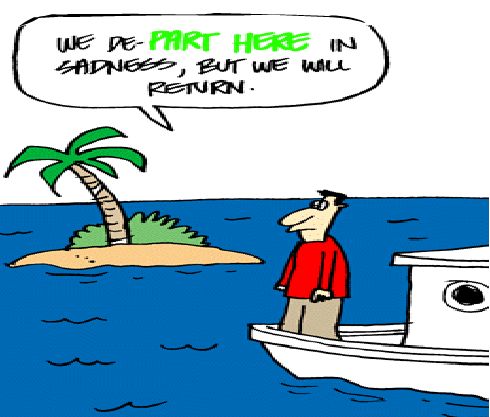


Similarly, the past participle of arriver, arrivé, receives an extra e because the noun la commande is feminine. The past participle of partir, parti, receives an s on the end since the subject, nous, is plural. (“We had already left before our order arrived.”) Nous étions déjà parti s avant que notre commande soit arrivé e. The past participle of sortir, sorti, receives an s because the subject, les parents, is plural, and the past participle of venir, venu, receives an e because the subject, sa petite amie, is feminine.Īnd, for bonus points, with the past tense subjunctive: (“After Paul’s parents had gone out to the movies, his girlfriend came to their house.”) They get verb agreement with the subject of the sentence.Īprès les parents de Paul étaient sorti s au ciné, sa petite amie est venu e chez eux.They get conjugated with être instead of avoir, and.Just as with passé composé, there is a list of verbs (often called the “Dr Mrs Vandertramp” verbs as a mnemonic for the first letters of each verb in this category). (“We had already finished our homework when our mother called us.”) Plusque parfait with être verbs Nous avions déjà terminé nos devoirs lorsque notre mère nous a appelé. The plusque parfait construction can also precede the passé composé construction. (“I discovered that the store had closed an hour ago.”) J’ ai découvert que le magasin avait fermé il y a une heure. (“She realized that they had forgotten her promise.”) Imparfait: “You learned” or “You were learning”Įlle a réalisé qu’ils avaient oublié sa promesse.Passé composé: “You learned” or “You have learned”.Therefore, the sentences below translate as: The verb being conjugated is apprendre (“to learn”). The helping verb conjugation you use with plusque parfait however, is not the present tense form of avoir it’s the imperfect form.įor example, all the past tense forms (not counting the subjunctive) are listed below so that you can see their similarities and differences.You also use the past participle version of the verb. Like with passé composé, you use a “helping verb” that’s usually the conjugated form of avoir.In terms of the way you conjugate plusque parfait, it’s almost a mash-up of imparfait and passé composé. “Bridget had danced professionally before she became a dance instructor.” How to form the plusque parfait “Before I found out that the woman was a celebrity, I had guessed that she was very wealthy.” The exact same concept and tense also exists in English, though as a native speaker you may have never consciously paid attention to it.Įssentially, it’s a way to talk about one past event occurring before another past event. The French plus que parfait past tense is fortunately neither very hard to understand nor to master.


 0 kommentar(er)
0 kommentar(er)
